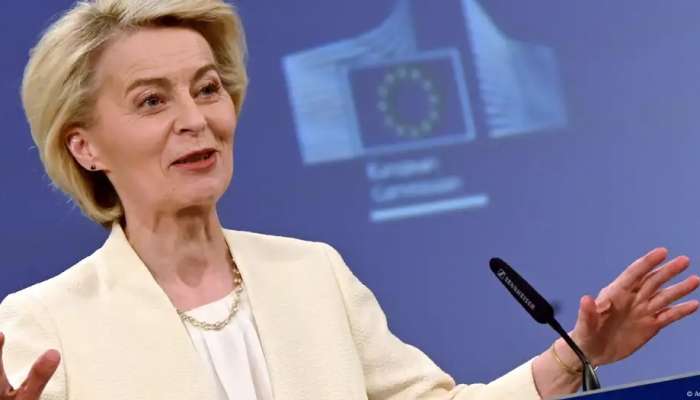
Brussels: The European Union's executive branch, the European Commission, on Wednesday presented its proposal for a significant budget increase to €2 trillion ($2.33 trillion) for the period 2028-2034.
The figure represents an €800-billion ($930-billion) increase on the current budget of €1.2 trillion as the bloc looks to confront challenges including migration, digital regulation, overseas competition and Russian aggression.
"It's a budget for a new era," wrote Commission President Ursula von der Leyen on the BlueSky microblogging platform. "[A budget] that matches Europe's ambition, addresses Europe's challenges [and] strengthens our independence."
The Commission itself described the proposal as "the most ambitious EU budget ever: more strategic, flexible and transparent."
What is the EU budget for?
The EU budget, officially known as the multi-annual financial framework (MFF), spells out the bloc's policy priorities for the coming years and how much money is allocated to different areas.
In the draft proposal presented to the European Parliament in Brussels by EU budget commissioner Piotr Serafin on Wednesday, the largest tranche of money will be allocated to a national and regional partnership fund worth €865 billion.
A further €451 billion will be ringfenced for EU investment efforts in clean tech, digital, biotech, defense, space and food, while around €300 billion will be go to support farmers, who have been worried about potential cuts to subsidies.
Up to €100 billion ($116 billion) is to be set aside specifically for Ukraine, over three years on from Russia's full-scale invasion. "This is a long-term commitment to Ukraine's recovery and reconstruction," Serafin said.
Who contributes to the EU budget?
The EU budget is largely financed through contributions by member states. As the EU country with the largest economy, Germany usually contributes just under a quarter of the available funds.
According to Wednesday's draft, however, the proposed increase could in part be financed by new revenue sources such as a levy on large companies with an annual turnover of more than €50 million or a share of national tobacco taxes.
The draft budget will now form the basis for negotiations between the EU Commission, the EU Parliament and members states, which are likely to be lengthy and contentious.